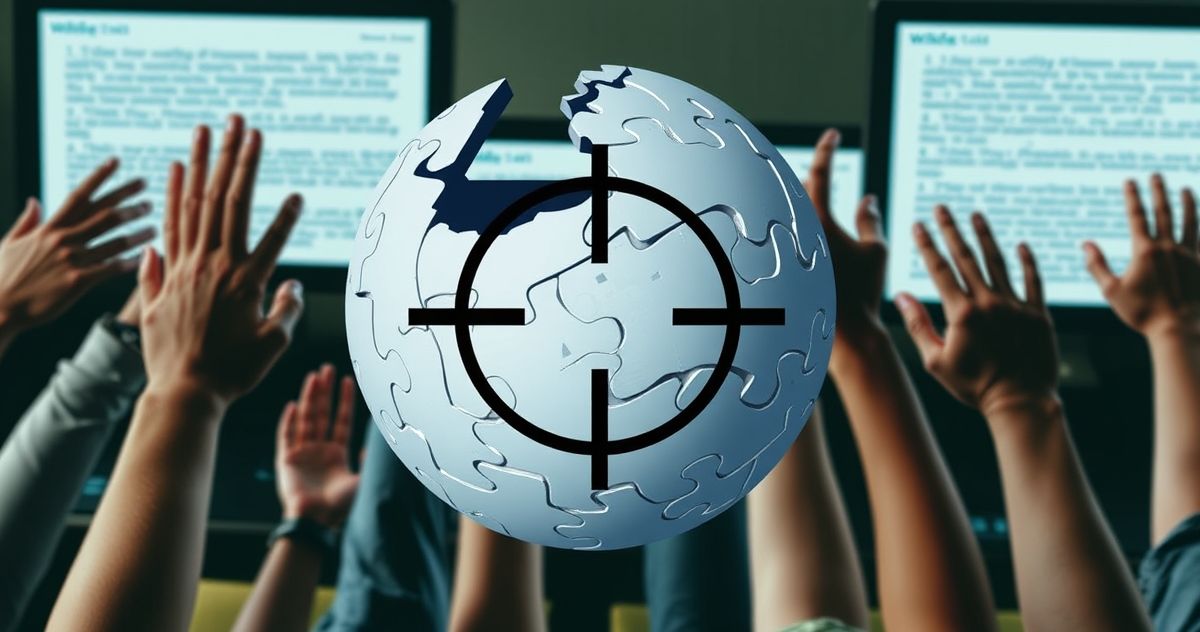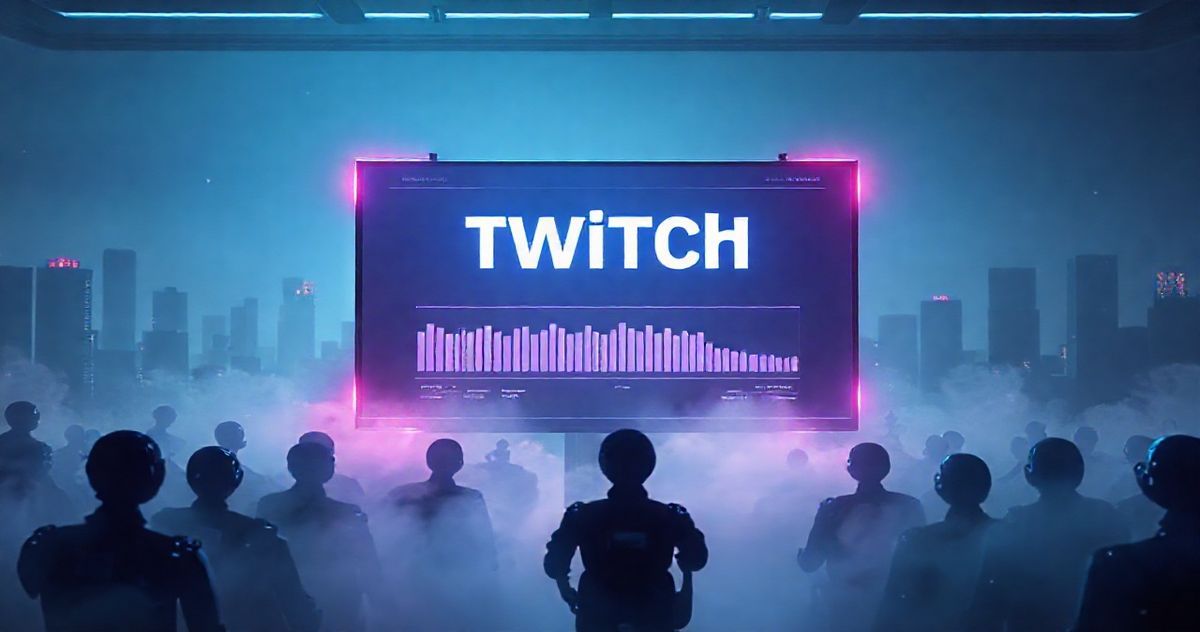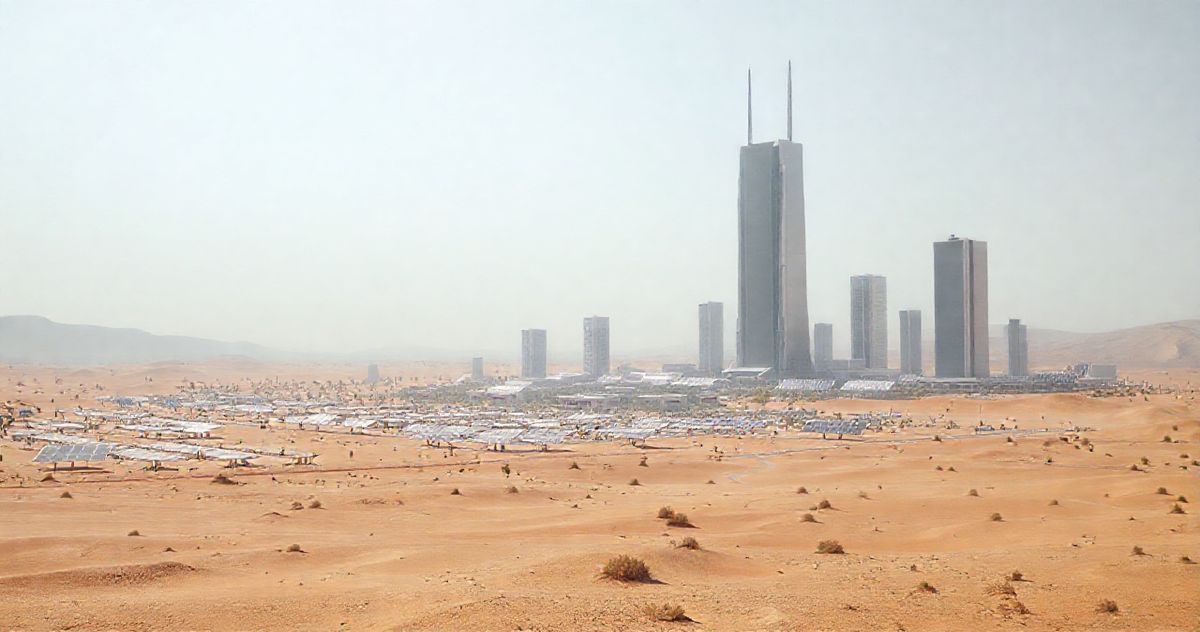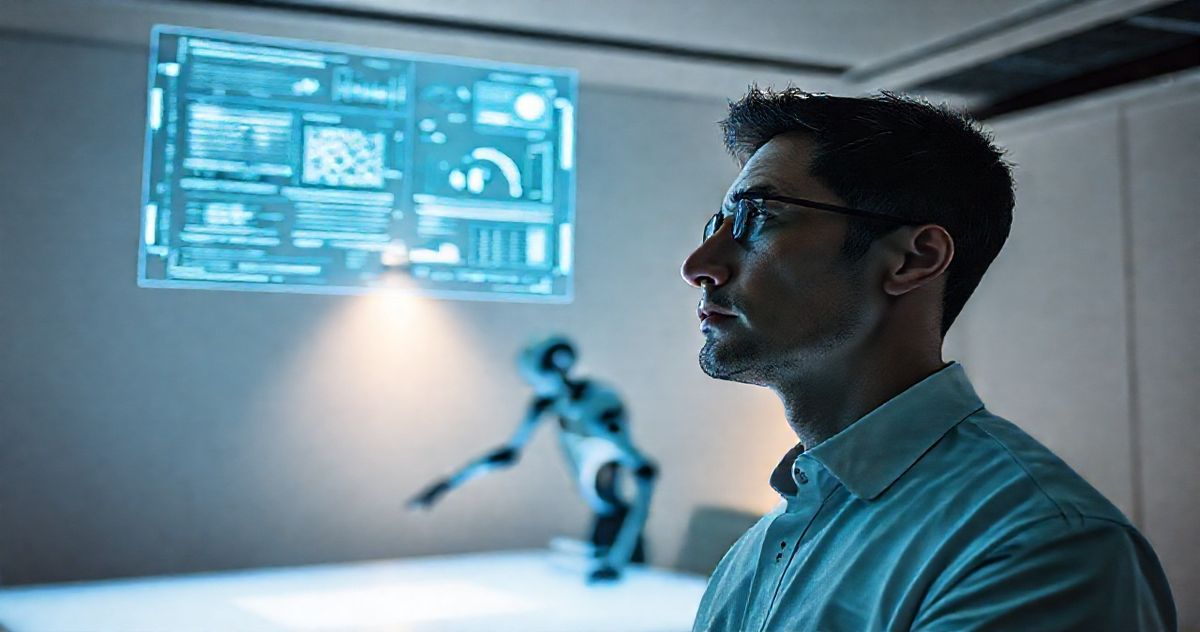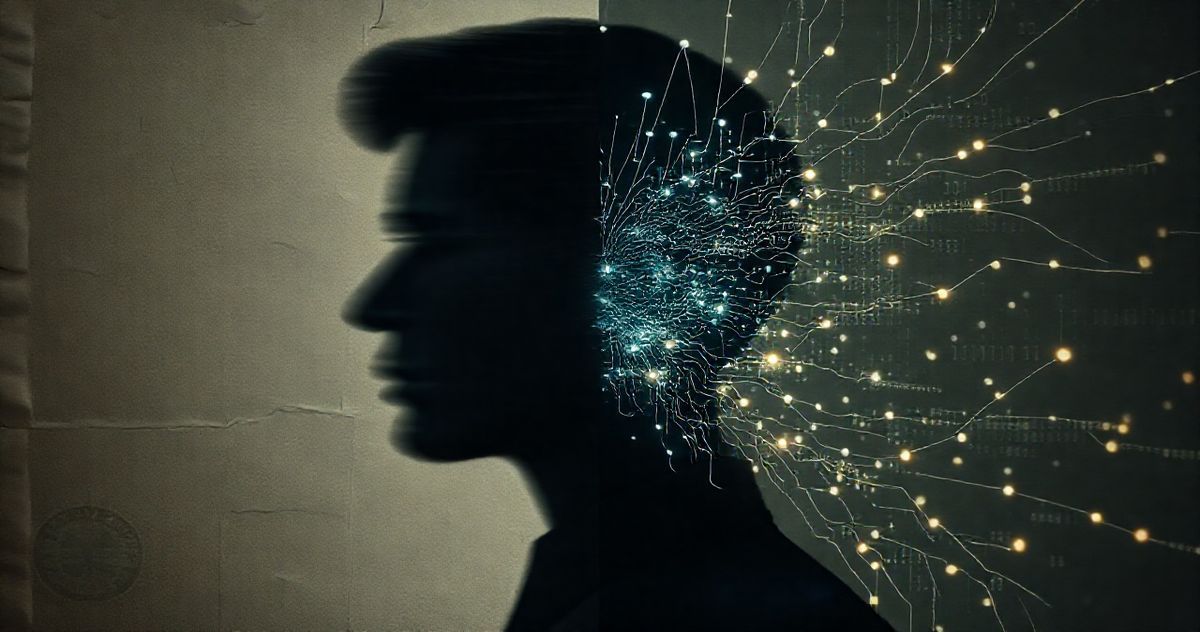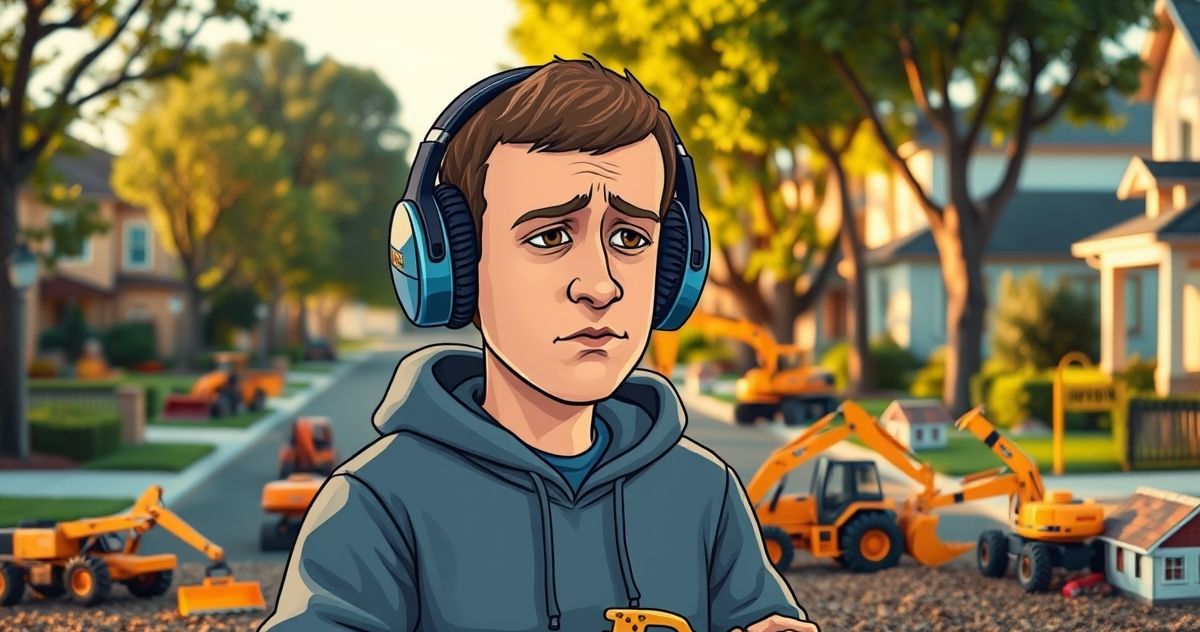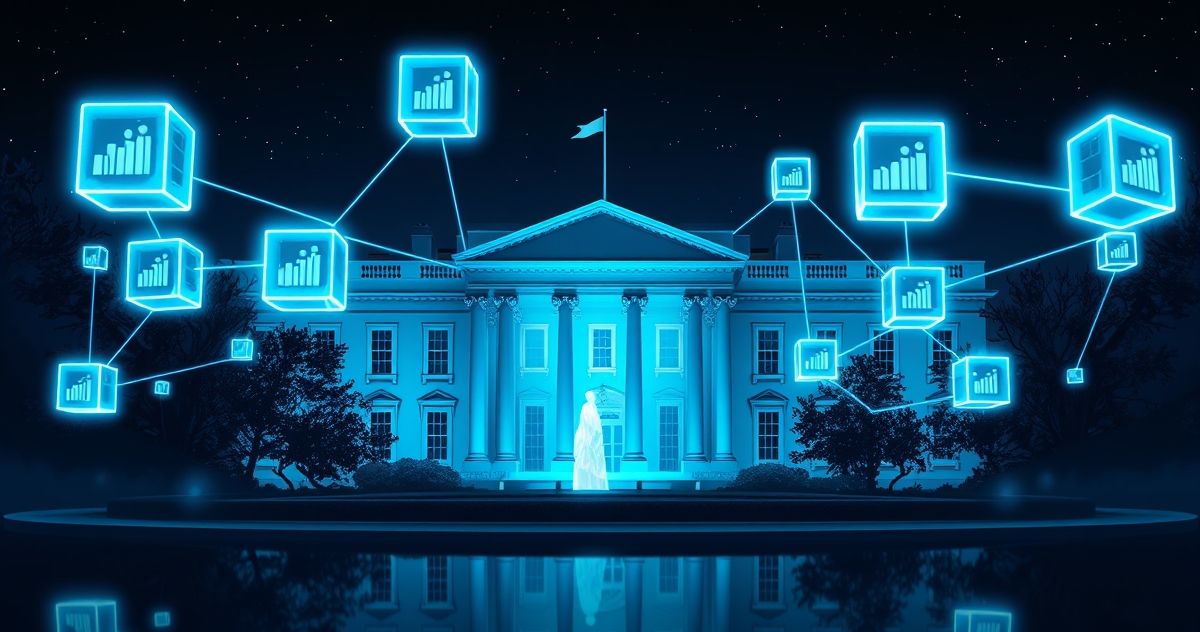Ever wondered just how many people rely on Wikipedia every single day? We’re talking billions of page views each month. For most of us, it’s the first stop when we need a quick fact, a historical date, or just to settle an argument with a friend. You probably trust it, right? Most of us do.
But lately, some pretty big names in the Republican party aren’t so sure. They’re starting to point fingers, saying Wikipedia has a real problem with “bias” – especially when it comes to politics and cultural issues. It’s not just a casual complaint; it’s a focused effort, and it points to a much bigger conversation about who controls online information and what “truth” even means in our digital world.
## What’s the Big Deal About Wikipedia’s “Bias”?
So, what exactly are these prominent Republicans saying? They argue that Wikipedia often leans too far to the left. Take, for instance, Senator Mike Lee from Utah. He’s been pretty vocal about his concerns, stating that Wikipedia exhibits a “pervasive left-wing bias.” His office even put out a report on the issue, highlighting what they see as skewed coverage of conservative figures and topics.
The core of the argument is that certain pages, especially those related to political ideologies, current events, or even specific politicians, don’t present information in a neutral way. Critics claim that information favorable to conservative viewpoints might be downplayed or sourced to less credible outlets, while information critical of them is amplified or presented as undisputed fact. They also worry about the framing of entire topics, suggesting that the language used can subtly push a particular narrative.
This isn’t an entirely new conversation. People have always debated how different media sources present information. But now, with a platform as universally used as Wikipedia, these criticisms carry a lot more weight. It’s about more than just a single news article; it’s about what many consider the definitive quick reference for almost anything.
## How Does Wikipedia Even Work, Anyway?
When we talk about Wikipedia, it’s easy to imagine some shadowy, centralized group deciding what goes in and what doesn’t. But that’s not really how it works. Wikipedia is actually built by millions of volunteers from all over the world. These are just everyday people who contribute their time to write, edit, and maintain articles. Anyone can make an edit, which is both its greatest strength and its biggest challenge.
The platform has some pretty strict rules to try and keep things fair and factual. These aren’t just suggestions; they’re the core of how Wikipedia is supposed to operate. Here are a few:
* **Neutral Point of View (NPOV):** This is probably the most famous rule. It means articles should be written from a neutral, unbiased perspective, representing all significant viewpoints fairly and without endorsement.
* **Verifiability:** Everything needs to be backed up by reliable, published sources. If you can’t find a source, it shouldn’t be in the article.
* **No Original Research:** Editors can’t just put their own thoughts or research into an article. They have to stick to what’s already published.
* **Consensus:** When there are disagreements about content, editors are supposed to discuss it on ‘talk pages’ and reach a consensus, not just make unilateral changes.
It sounds pretty good on paper, right? But here’s the rub: humans are, well, human. We all have our own perspectives and biases. Even with the best intentions, those can creep into the editing process. And while the system is designed to correct for these biases over time through community review, it’s a constant, ongoing battle.
## Beyond the Edits: The Bigger Picture
This whole discussion about Wikipedia’s bias isn’t happening in a vacuum. It’s part of a much larger, often heated, debate about information in the digital age. We’re living in a time where trust in traditional institutions – like the media, academia, and even government – seems to be at an all-time low for many people. When that trust erodes, platforms like Wikipedia, which many once saw as a neutral arbiter of facts, also come under fire.
What happens when widely used sources of information are questioned at such a high level? It can further fragment our understanding of reality. If we can’t agree on basic facts, or on where to find reliable information, then it becomes incredibly hard to have productive conversations about, well, anything important.
My friend, let’s call her Sarah, was researching a local political candidate for an upcoming election. She knew a bit about them, but wanted the quick facts. So, she popped open Wikipedia. Skimming the page, she saw a section detailing a past controversy. It sounded pretty damning. Sarah thought, “Wow, I can’t believe I didn’t know this!” She almost closed the tab right there, convinced. But then, she remembered reading something about how Wikipedia works. She scrolled down, looking at the footnotes, and noticed a specific claim was sourced to an opinion piece from a heavily partisan blog. Another claim about the candidate’s policy success was linked to an official government report. It made her pause. She realized that even on Wikipedia, the *source* matters. It’s not just one big, neutral voice; it’s a collection of information, some stronger than others, all put together by people. She ended up digging a bit deeper on a few points, cross-referencing, and got a much fuller picture. It wasn’t that Wikipedia was “wrong,” but it showed her that even the most accessible information needs a critical eye.
This pushback from Republicans really highlights the ongoing struggle to define and control narratives online. Whether it changes how Wikipedia operates, or just adds to the noise, remains to be seen. But it definitely brings up some critical questions for all of us.
So, as these debates heat up, where do we go from here? Can a platform like Wikipedia ever truly be free of all bias? And more importantly, how do *we*, as users, navigate this increasingly complex information landscape?
